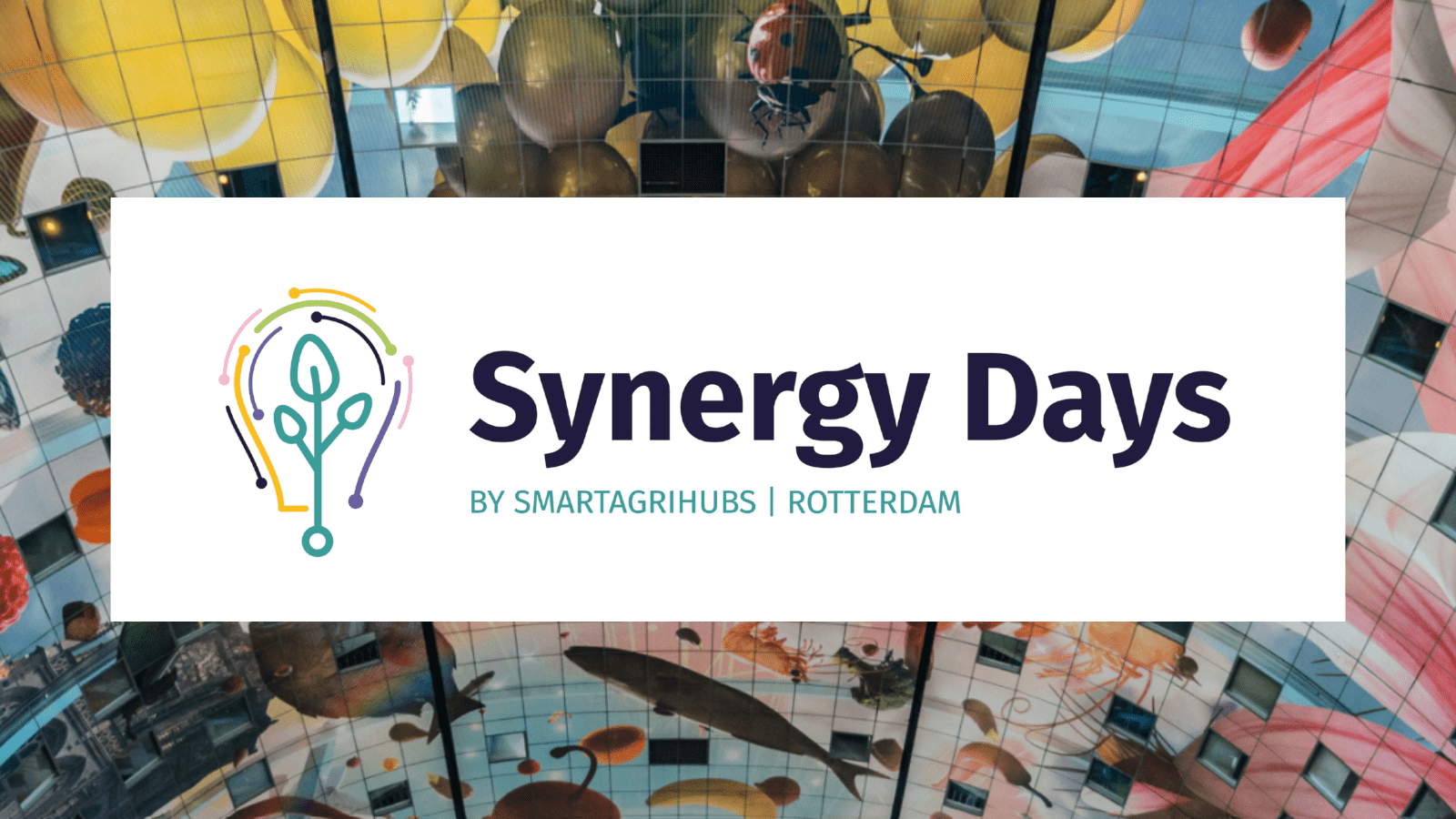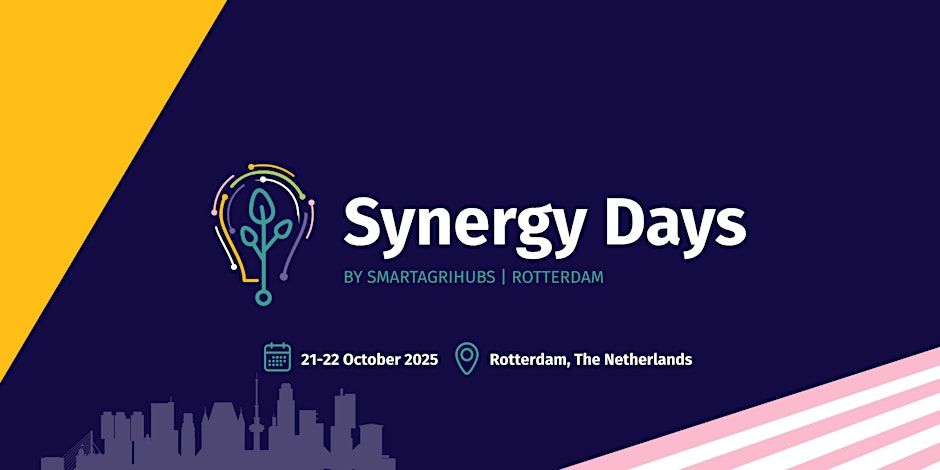By Rainno.
In the swiftly changing environment of European innovation, digital transformation is crucial for maintaining the competitiveness and sustainability of companies and research projects.
The EFRA project, funded by Horizon Europe, leads this shift by aiming to create a cutting-edge digital platform that improves safety, sustainability, and cooperation within the food sector. At its essence, the EFRA initiative focuses on incorporating advanced digital solutions that support businesses and policymakers in addressing food-related risks while maintaining resource efficiency and adhering to regulations. Utilizing data-driven insights, AI-enabled analytics, and a cooperative ecosystem, EFRA equips stakeholders to make knowledgeable choices that enhance food safety, minimize waste, and increase supply chain clarity.
As a key collaborator in EFRA, Rainno contributes its knowledge in digital innovation and business model creation to guarantee the platform’s success. An essential component of this initiative is the application of the DSSC Business Model Approach to steer the strategic growth and execution of the platform.
Understanding the DSSC Business Model Approach
The DSSC (Data Spaces Support Centre) Business Model Approach provides a structured framework for developing and implementing digital platforms and services. This approach is particularly well-suited for EFRA as it encompasses key elements crucial for a successful digital ecosystem:
1. Value Proposition Development — Clearly defining EFRA’s platform value to its users and stakeholders.
2. User and Market Analysis — Identifying the needs and expectations of target audiences, including the food industry, policymakers, and researchers.
3. Ecosystem and Stakeholder Engagement — Building a network of collaborators to ensure broad adoption and continuous improvement.
4. Revenue and Sustainability Strategies — Establishing economic models that ensure the platform’s long-term success.
5. Scalability and Technological Adaptation — Designing the platform for future growth and integration with emerging technologies and additional use cases.
By incorporating these principles, the DSSC framework provides a comprehensive pathway for ensuring that EFRA’s digital platform is both user-centric and sustainable.

Applying the DCCS Approach to EFRA’s Platform Development
Rainno has leveraged the DSSC methodology in the following key areas of EFRA’s platform development:
Defining the Value Proposition
A critical first step is to articulate what makes EFRA’s platform unique and indispensable for its users. The platform aims to provide actionable insights, facilitate collaboration, and support informed decision-making in food risk prediction. By addressing industry challenges such as resource efficiency, regulatory compliance, and digital integration, EFRA will position itself as a transformative tool for stakeholders.
Conducting User and Market Research
Understanding the needs of EFRA’s target audience (mainly the food industry) is essential for developing a platform that meets real-world demands. Rainno will conduct in-depth market research and stakeholder interviews to gather insights into user expectations, technological barriers, and adoption incentives. This process ensures that the platform is tailored to the specific challenges and opportunities within sustainable manufacturing.
Strengthening Ecosystem and Stakeholder Engagement
The success of EFRA depends on active participation from a diverse range of stakeholders. RAINNO facilitates partnerships with industry leaders, policymakers, research institutions, and technology providers to create a dynamic and collaborative ecosystem. Engagement of stakeholders has been achieved through various dissemination events, both in physical and electronic modes. This continuous effort in the development process helps ensure that the platform aligns with industry needs and secures long-term commitment from key players.
Establishing Revenue and Sustainability Models
For EFRA’s platform to remain viable beyond its initial development phase, a well-defined sustainability strategy is essential. The DSSC approach emphasizes identifying potential revenue streams, such as subscription models, premium services, and public-private funding mechanisms. RAINNO is currently exploring innovative financial strategies to ensure the platform’s continued growth and impact.
Ensuring Scalability and Future Adaptation
As the digital landscape evolves, EFRA’s platform must be adaptable to new technological advancements and industry shifts. The EFRA consortium is taking the necessary measures to ensure that the platform is built with scalability in mind, allowing for seamless integration with emerging tools such as AI-driven analytics stemming from various food risk-related activities and IoT-enabled monitoring systems. This forward-thinking approach guarantees that EFRA remains relevant and effective in the long run.
Driving Sustainable Manufacturing through Digital Innovation
The collaboration between EFRA and Rainno represents a significant step towards digitalizing and optimizing sustainable food production processes in Europe. By applying the DSSC Business Model Approach, Rainno ensures that the EFRA platform is strategically designed to meet user needs, drive stakeholder engagement, and achieve long-term sustainability. As EFRA progresses, this structured methodology will serve as a foundation for fostering innovation, enhancing competitiveness, and supporting Europe’s transition to a greener and more resilient industrial future.
Through this partnership, EFRA is set to become a pioneering force in sustainable digital food risk prediction, demonstrating how strategic business model development can transform technological innovation into real-world impact.
Article originally posted on Medium.




